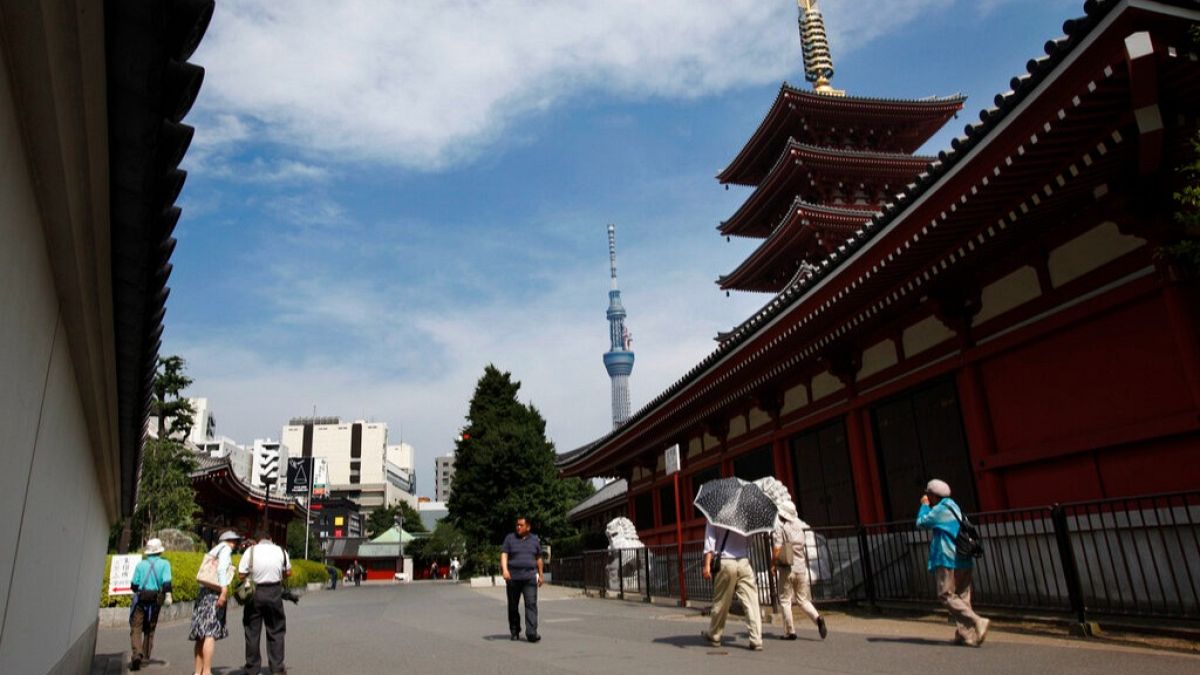

In recent days, events from various corners of the globe have provided a complex tapestry of justice, conflict, and political maneuverings that continue to shape our world in profound ways. From a high-profile criminal execution in Japan to intense clashes in the Middle East, the interconnectedness of these developments underscores the shared experiences and challenges of our time.
Starting in Japan, the nation has seen the execution of a man infamously known as the “Twitter killer,” convicted for the gruesome murders of nine people. This development revives ongoing debates about capital punishment in Japan, spotlighting the tension between traditional justice practices and modern human rights advocacy. The execution, carried out by hanging, has drawn attention to Japan’s steadfast use of capital punishment, which remains a subject of intense domestic and international scrutiny. As this debate unfolds, it reflects broader questions about crime and punishment in contemporary society.
Shifting to the Middle East, the region continues to grapple with its own complex realities. The occupied West Bank has witnessed escalating tensions, resulting in the tragic deaths of three Palestinians amid clashes with Israeli settlers. These tragic incidents, captured on CCTV, have once again highlighted the fragile situation in the region. The Israeli-Palestinian conflict, characterized by periodic flare-ups, remains one of the longest-standing geopolitical challenges, with both sides bearing significant human and emotional costs.
In Iran, the supreme leader, Ayatollah Ali Khamenei, emerged publicly for the first time since a ceasefire agreement was reached with Israel. Khamenei’s pronouncements have been marked by a pronounced sense of victory over Israel while underscoring Tehran’s willingness to respond robustly to any future United States strikes. This declaration follows a missile attack by Iran on a U.S. base in Qatar—an event described by Khamenei as a symbolic rebuke to American intervention. Meanwhile, the U.S. Secretary of Defense, Pete Hegseth, has defended recent military actions aimed at Iranian nuclear facilities. Despite skepticism about the effectiveness of these operations, Hegseth emphasized the strategic importance of these strikes in diminishing Iran’s nuclear capabilities, showcasing the ongoing strategic chess game between Iran, the U.S., and other global powers.
Amidst these geopolitical developments, Africa also finds itself at the center of significant upheaval. In Kenya, protests meant to honor victims of past government confrontations have turned tragic, resulting in the death of at least 16 individuals. The demonstrations, dispersed across various parts of the country, reflect a deeper undercurrent of political and social grievances. As the nation’s leadership navigates these turbulent waters, the resilience and determination of its people serve as a testament to the enduring quest for justice and reform.
In a nod to the complex alliances and political dynamics of the region, Israeli Prime Minister Benjamin Netanyahu has expressed gratitude towards former U.S. President Donald Trump for calling for the cancellation of his corruption trial. Trump’s remarks, which labeled the trial a “witch hunt,” highlight the intricate web of political relationships that extend beyond borders. The former President’s support of Netanyahu during Israel’s recent engagements with Iran adds another layer to the multifaceted diplomatic discourse.
Together, these narratives reflect a world in flux, where events in one region resonate across continents and contribute to a shared global narrative. These developments remind us that while the details of each story are unique, the underlying themes of justice, conflict, and political maneuvering are universal, echoing the common challenges faced by humanity as we collectively move forward.
Source: {link}
